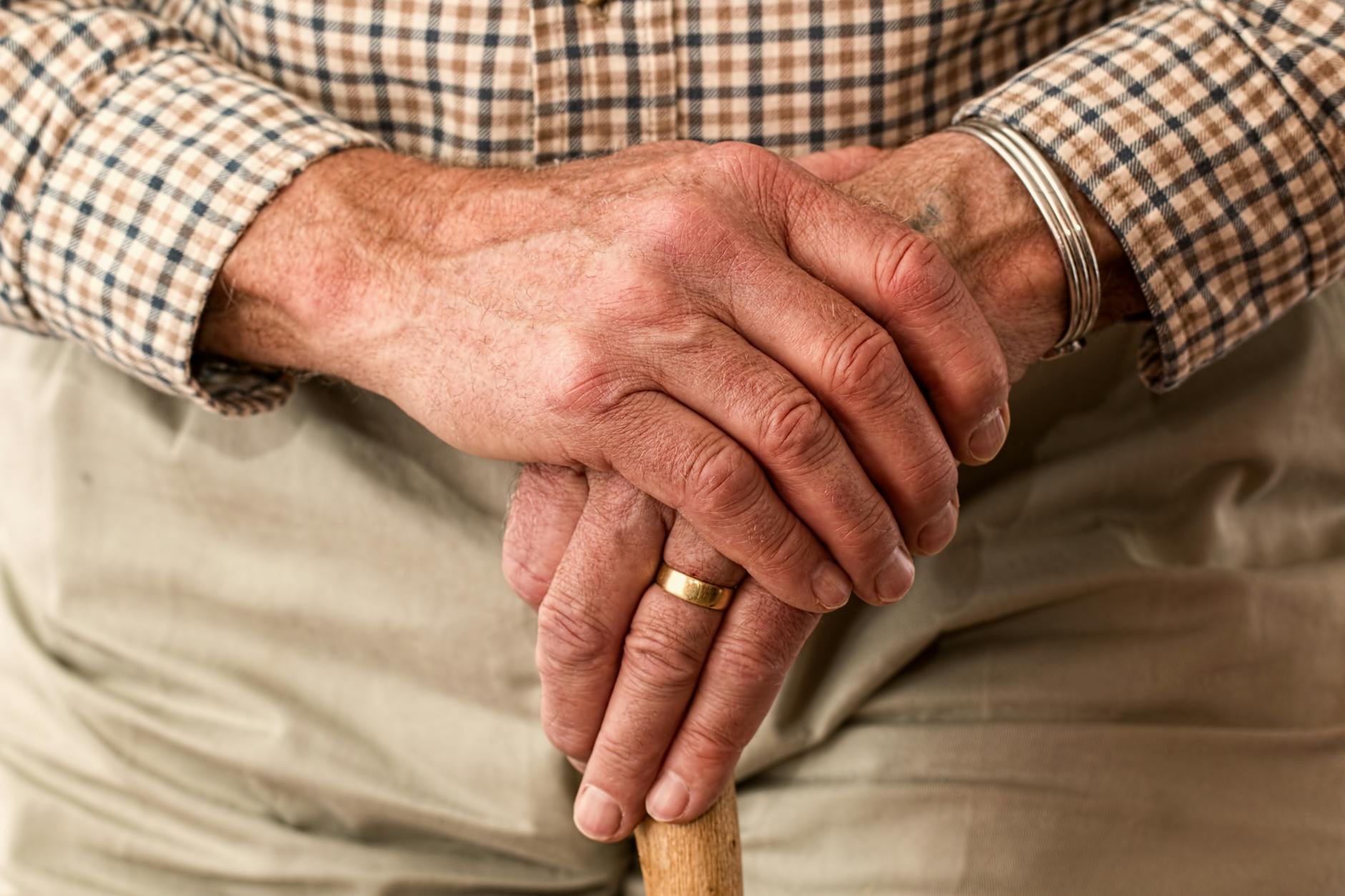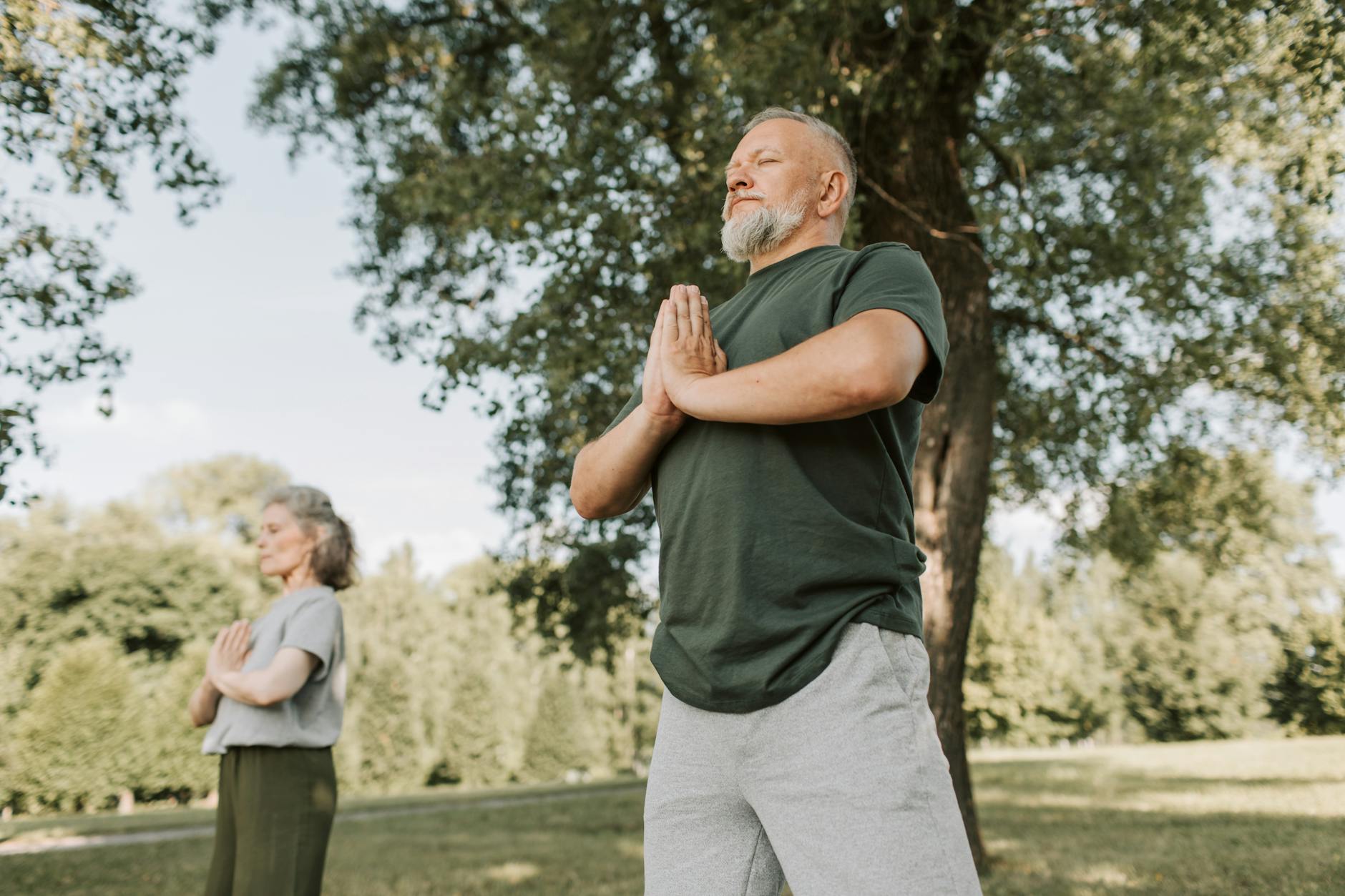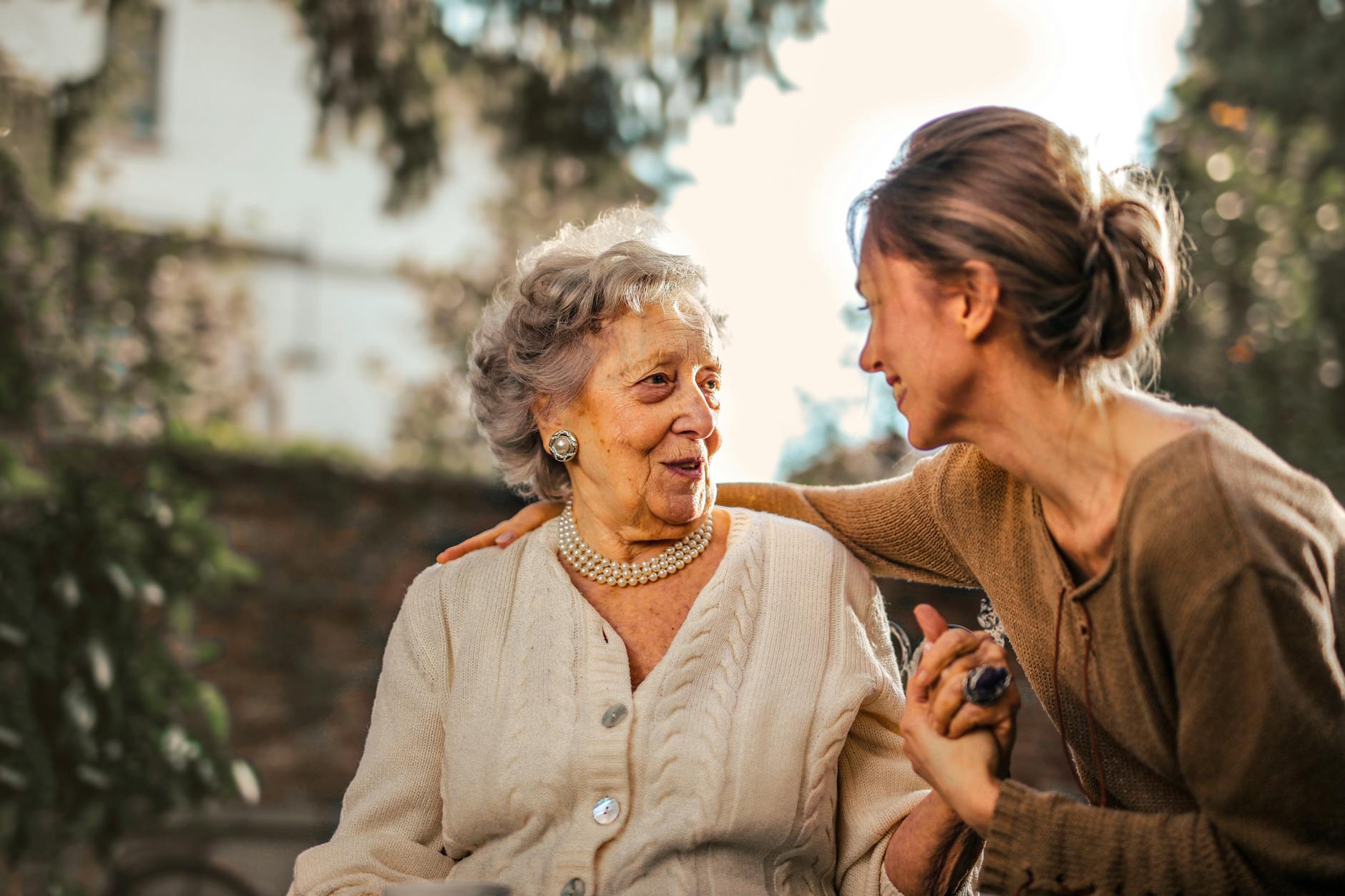Have you ever wondered about the future of your elderly loved ones? As our parents and grandparents age, we often find ourselves caught between the desire to provide the best care possible and the reality of our own busy lives. This is where elderly care homes step in, offering a solution that combines professional care with a warm, community-oriented environment.
Imagine a place where your loved ones can enjoy their golden years surrounded by peers, engaged in stimulating activities, and supported by round-the-clock care. This isn’t just a dream – it’s the reality of modern elderly care homes. These facilities have evolved far beyond the sterile, hospital-like environments of the past. Today, they offer a perfect blend of care, comfort, and community that can significantly enhance the quality of life for seniors.
In this blog post, we’ll explore the numerous benefits of elderly care homes, from the professional support they provide to the peace of mind they offer families. We’ll delve into how these homes foster social connections, provide specialized care services, and create an environment where love meets professionalism. Join us as we uncover why elderly care homes are becoming an increasingly popular and beneficial choice for seniors and their families alike.

Professional Care and Support
In elderly care homes, residents receive unparalleled professional care and support, ensuring their well-being and comfort around the clock. This comprehensive approach to senior care addresses various aspects of daily life, health management, and personalized attention.
24/7 Medical Attention and Assistance
One of the primary advantages of elderly care homes is the constant availability of medical professionals. Residents have access to:
- Skilled nurses on duty 24/7
- Quick response to emergencies
- Regular health check-ups
- Immediate medical intervention when needed
This round-the-clock medical attention provides peace of mind for both residents and their families, knowing that help is always at hand.
Assistance with Daily Activities
As we age, certain daily tasks can become challenging. Elderly care homes offer support with:
- Personal hygiene and grooming
- Dressing and undressing
- Mobility assistance
- Meal preparation and feeding support
This assistance helps maintain dignity and independence while ensuring that residents’ basic needs are met with care and respect.
Medication Management and Health Monitoring
Proper medication management is crucial for seniors with multiple health conditions. Care homes excel in this area by providing:
| Service | Description |
|---|---|
| Medication dispensing | Ensuring correct dosages at the right times |
| Prescription refills | Coordinating with pharmacies and doctors |
| Side effect monitoring | Observing and reporting any adverse reactions |
| Vital sign checks | Regular monitoring of blood pressure, heart rate, etc. |
This meticulous approach to medication and health monitoring helps prevent complications and ensures optimal treatment efficacy.
Tailored Care Plans for Individual Needs
Every senior has unique needs and preferences. Professional care homes recognize this and develop personalized care plans that may include:
- Specific dietary requirements
- Physical therapy sessions
- Memory care for those with cognitive impairments
- Social activities tailored to interests and abilities
These individualized plans ensure that each resident receives the most appropriate and effective care, promoting their overall well-being and quality of life.
With professional care and support at the forefront, elderly care homes provide a comprehensive solution for seniors requiring assistance. This level of care not only addresses immediate health needs but also contributes to long-term wellness and happiness. As we explore further, we’ll see how this professional care translates into an enhanced quality of life for residents.

Enhanced Quality of Life
When it comes to elderly care homes, one of the most significant advantages is the enhanced quality of life they offer to residents. This improvement in lifestyle touches various aspects of daily living, from practical conveniences to enriching experiences.
Maintenance-free Lifestyle
One of the key benefits of elderly care homes is the maintenance-free lifestyle they provide. Residents can bid farewell to the burdens of household chores and property upkeep. This freedom allows seniors to focus on activities they truly enjoy, rather than worrying about:
- Lawn care and gardening
- Home repairs and maintenance
- Housekeeping and laundry
- Snow removal (in applicable climates)
Engaging Social Activities and Events
Elderly care homes understand the importance of social engagement for seniors’ well-being. They offer a wide array of activities and events designed to keep residents active, entertained, and connected. Some common offerings include:
- Group fitness classes
- Art and craft workshops
- Book clubs and discussion groups
- Musical performances and dance events
- Educational lectures and seminars
These activities not only provide entertainment but also promote cognitive stimulation and emotional well-being.
Nutritious Meals and Dietary Support
Proper nutrition is crucial for seniors’ health and vitality. Elderly care homes excel in providing:
| Aspect | Description |
|---|---|
| Balanced Meals | Professionally prepared, nutritious meals tailored to seniors’ needs |
| Dietary Accommodations | Special diets for various health conditions (e.g., diabetes, heart disease) |
| Dining Options | Flexible meal times and dining settings (e.g., communal dining, in-room service) |
| Nutritional Counseling | Access to dietitians for personalized dietary advice |
This comprehensive approach to nutrition ensures that residents receive the proper nourishment to support their health and energy levels.
Comfortable and Safe Living Environment
Elderly care homes are designed with seniors’ comfort and safety in mind. These facilities typically feature:
- Accessible design (e.g., wide doorways, grab bars, ramps)
- Emergency call systems in each living space
- 24/7 staff presence for assistance and security
- Well-maintained common areas for relaxation and socialization
- Gardens or outdoor spaces for fresh air and gentle exercise
The thoughtful design and amenities create a living environment that promotes independence while ensuring safety and peace of mind.
With these elements combined, elderly care homes significantly enhance the quality of life for seniors. Residents can enjoy their golden years with less stress, more engagement, and better overall well-being. This improved lifestyle not only benefits the seniors themselves but also provides reassurance to their families, knowing their loved ones are living comfortably and happily.
Social Connections and Community
As we explore the benefits of elderly care homes, it’s important to highlight the vibrant social atmosphere these communities foster. Social connections play a crucial role in maintaining mental and emotional well-being for seniors, and care homes excel at providing numerous opportunities for interaction and companionship.
Intergenerational Programs
One of the most enriching aspects of elderly care homes is their focus on intergenerational programs. These initiatives bridge the gap between young and old, creating meaningful connections that benefit both groups. Here’s a quick look at some popular intergenerational activities:
| Activity | Benefits for Seniors | Benefits for Youth |
|---|---|---|
| Story Sharing | Reminiscence therapy, feeling valued | Learning history, developing empathy |
| Skill Workshops | Sharing knowledge, sense of purpose | Acquiring new skills, respect for elders |
| Game Nights | Cognitive stimulation, fun | Learning patience, improving social skills |
| Gardening | Physical activity, nature connection | Environmental education, responsibility |
These programs not only provide entertainment but also contribute to a sense of purpose and community involvement for seniors.
Shared Spaces for Socializing
Elderly care homes are designed with socialization in mind. Common areas serve as hubs for daily interactions, fostering a sense of community. Some popular shared spaces include:
- Cozy lounges with comfortable seating
- Well-stocked libraries for book clubs and quiet reading
- Dining areas that encourage communal meals
- Outdoor gardens and patios for fresh air and nature appreciation
These thoughtfully designed spaces encourage residents to leave their rooms and engage with others, reducing isolation and promoting active social lives.
Group Activities Fostering Social Interaction
Care homes offer a wide array of group activities tailored to various interests and abilities. These activities not only provide entertainment but also create opportunities for residents to bond over shared experiences. Some popular group activities include:
- Arts and crafts workshops
- Fitness classes adapted for seniors
- Music and dance sessions
- Movie nights with discussions
- Cooking and baking clubs
By participating in these activities, seniors can maintain their hobbies, discover new interests, and form connections with like-minded individuals.
Opportunities for Friendship and Companionship
Perhaps the most valuable aspect of social connections in elderly care homes is the opportunity for genuine friendships to blossom. Residents often find companionship with peers who share similar life experiences and understand the joys and challenges of aging. These friendships can provide:
- Emotional support during difficult times
- Motivation to participate in activities and maintain an active lifestyle
- A sense of belonging and community
- Improved mental health and cognitive function
The social environment in elderly care homes plays a significant role in enhancing the overall quality of life for seniors. By fostering connections, encouraging interaction, and providing ample opportunities for companionship, these communities ensure that residents continue to lead fulfilling and socially active lives.
Now that we’ve explored the social benefits of elderly care homes, let’s examine how these communities provide peace of mind for families.
Peace of Mind for Families
For many families, the decision to move a loved one into an elderly care home can be challenging. However, these facilities offer numerous benefits that provide peace of mind for families, ensuring their loved ones receive the best possible care and support.
Emergency Response Systems
One of the primary concerns for families is the safety of their elderly relatives. Elderly care homes address this concern by implementing state-of-the-art emergency response systems. These systems ensure that help is always available at the touch of a button, providing quick assistance in case of falls, medical emergencies, or other urgent situations.
| Feature | Benefit |
|---|---|
| 24/7 monitoring | Constant vigilance for residents’ safety |
| Rapid response times | Quick medical attention when needed |
| Trained staff | Skilled professionals to handle emergencies |
| Integrated health monitoring | Early detection of potential health issues |
Visitor-Friendly Policies
Elderly care homes understand the importance of maintaining family connections. Many facilities implement visitor-friendly policies that encourage regular visits from family and friends. These policies often include:
- Flexible visiting hours
- Private spaces for family gatherings
- Accommodation for overnight stays
- Participation in facility events and activities
These policies help maintain strong family bonds and ensure that residents feel connected to their loved ones, even while living in a care facility.
Regular Updates on Loved Ones’ Well-being
Communication is key to providing peace of mind for families. Elderly care homes typically offer regular updates on residents’ well-being through various channels:
- Scheduled phone calls or video chats
- Email newsletters
- Secure online portals with health and activity updates
- In-person meetings with care staff
These updates keep families informed about their loved ones’ health, activities, and overall quality of life, fostering trust and transparency between the facility and family members.
Reduced Caregiver Stress and Burnout
When elderly family members receive professional care in a specialized facility, it significantly reduces the stress and potential burnout experienced by family caregivers. This benefit cannot be overstated, as it allows family members to:
- Focus on quality time during visits rather than caregiving tasks
- Maintain their own health and well-being
- Balance work and personal responsibilities more effectively
- Preserve and improve family relationships
With the knowledge that their loved ones are receiving expert care, families can enjoy peace of mind and a better quality of life for themselves as well.
Now that we’ve explored how elderly care homes provide peace of mind for families, let’s delve into the specialized care services these facilities offer to meet the unique needs of their residents.
Specialized Care Services
As we delve deeper into the benefits of elderly care homes, it’s crucial to explore the specialized care services they offer. These services are tailored to meet the unique needs of seniors, ensuring they receive the highest quality of care and support.
Therapy Services
Elderly care homes provide a range of therapy services to enhance residents’ physical and cognitive well-being:
- Physical Therapy: Helps improve mobility, strength, and balance
- Occupational Therapy: Assists with daily living activities and independence
- Speech Therapy: Addresses communication and swallowing difficulties
These therapies are essential for maintaining and improving seniors’ overall health and quality of life.
Palliative and End-of-Life Care
Compassionate care is paramount during the final stages of life. Elderly care homes offer:
- Pain management
- Emotional support
- Spiritual care
- Family counseling
This holistic approach ensures dignity and comfort for residents and peace of mind for their loved ones.
Rehabilitation Programs
Rehabilitation services in elderly care homes play a vital role in recovery and maintaining independence:
| Program Type | Benefits |
|---|---|
| Post-surgery rehab | Speeds up recovery and prevents complications |
| Stroke rehabilitation | Improves motor skills and speech |
| Fall prevention | Reduces the risk of injuries and builds confidence |
These programs are tailored to each resident’s needs, promoting a quicker return to their normal activities.
Memory Care Units for Dementia Patients
Specialized memory care units are designed to support seniors with dementia and Alzheimer’s disease. These units offer:
- Secure environments to prevent wandering
- Specially trained staff in dementia care
- Cognitive stimulation activities
- Personalized care plans
Memory care units provide a safe and nurturing environment for residents with cognitive impairments, allowing them to maintain their dignity and quality of life.
The specialized care services offered in elderly care homes demonstrate the commitment to providing comprehensive support for seniors with diverse needs. These services not only address medical requirements but also focus on enhancing overall well-being and quality of life. As we continue to explore the benefits of elderly care homes, we’ll next examine how these facilities strike a balance between professional care and a loving, home-like environment.

Elderly Care: Where Love Meets Professionalism
In the realm of elderly care, the convergence of compassion and expertise creates an environment where seniors can truly thrive. This unique blend of love and professionalism is what sets quality elderly care homes apart, offering a holistic approach to senior well-being.
The Heart of Care: Compassion and Empathy
At the core of elderly care lies a deep-rooted sense of compassion. Caregivers in senior living communities understand that their role extends beyond mere physical assistance. They provide emotional support, companionship, and a genuine connection that can make all the difference in a senior’s life.
Professional Expertise: The Backbone of Quality Care
While compassion forms the heart of elderly care, professional expertise serves as its backbone. The staff in elderly care homes are trained to handle various aspects of senior health and well-being:
- Medical care and medication management
- Nutritional planning and dietary support
- Physical therapy and exercise programs
- Cognitive stimulation activities
- Emergency response and safety protocols
Balancing Act: Love and Skill in Perfect Harmony
The true magic happens when love and professionalism work in tandem. This balance ensures that seniors receive not just technically proficient care, but also emotionally fulfilling support. Here’s how this synergy benefits seniors:
| Aspect of Care | Compassionate Approach | Professional Approach | Combined Benefit |
|---|---|---|---|
| Daily Assistance | Patience and understanding | Efficient techniques | Dignified and effective support |
| Health Monitoring | Genuine concern | Clinical expertise | Comprehensive health management |
| Social Engagement | Warm interactions | Structured activities | Fulfilling social life |
| Emotional Support | Empathetic listening | Counseling skills | Improved mental well-being |
Creating a Home, Not Just a Facility
The fusion of love and professionalism transforms elderly care homes from mere facilities into true homes. This approach fosters an environment where seniors can age with dignity, surrounded by people who care deeply about their well-being while possessing the skills to provide top-notch care.
Continuous Learning and Improvement
Professional caregivers in elderly care homes are committed to ongoing education and skill enhancement. This dedication ensures that they stay updated with the latest care techniques and technologies, always striving to provide the best possible support for their residents.
By choosing an elderly care home that prioritizes both love and professionalism, families can ensure that their loved ones receive the highest quality of care in a nurturing environment. This approach not only enhances the quality of life for seniors but also provides peace of mind for their families, knowing that their loved ones are in capable and caring hands.
Elderly care homes offer a multitude of benefits that significantly enhance the lives of seniors. From professional care and support to an improved quality of life, these facilities provide a nurturing environment where residents can thrive. The social connections and sense of community fostered in care homes combat loneliness and promote mental well-being. Additionally, families find peace of mind knowing their loved ones are receiving specialized care tailored to their unique needs.
Ultimately, elderly care homes represent a harmonious blend of love and professionalism. By choosing a care home, seniors and their families embrace a lifestyle that prioritizes comfort, dignity, and companionship. If you’re considering options for elderly care, explore the possibilities offered by care homes – they may just be the perfect solution for ensuring your loved one’s golden years are truly golden.

